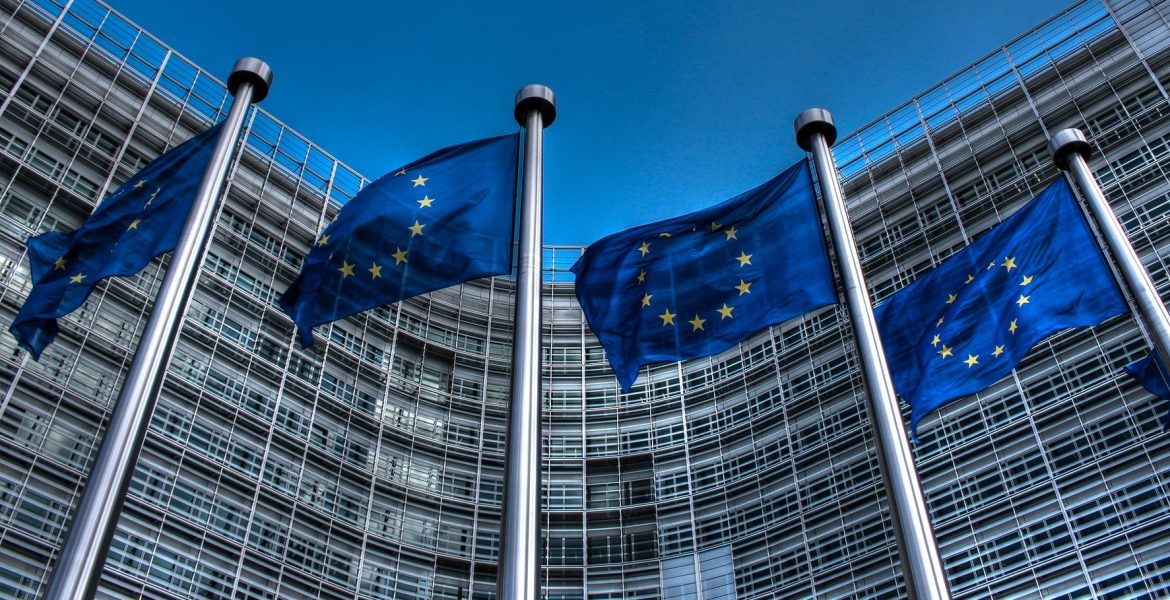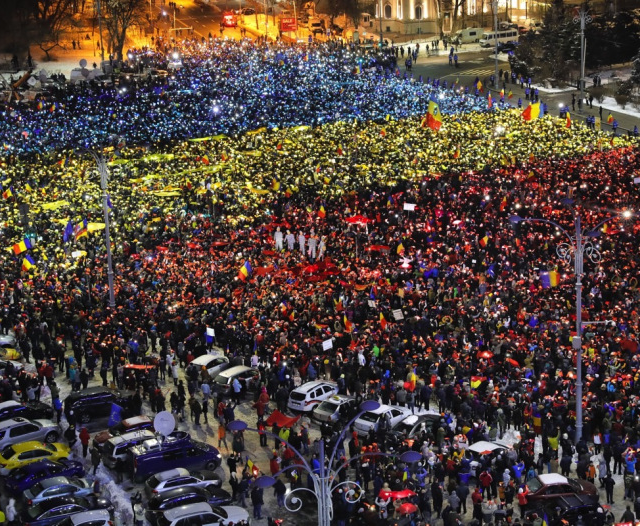The EESC says it “strongly condemns” the continuous violations of human rights and the rule of law that have been taking place in Belarus since the presidential elections, which were neither free nor fair. The sweeping brutality and torture perpetrated against peaceful protesters, especially women and young people, and the unabated, arbitrary and unexplained arrests and detentions cannot be left unpunished.
People in Belarus tirelessly and courageously continue their peaceful struggle for freedom and democracy. Nevertheless, the brutal repression continues. Over the last five weeks, more than 7 500 peaceful protesters have been detained. At least 500 cases of torture have been recorded and documented.
The EU should not stay with its arms folded; on the contrary, it must maintain strong political pressure and reiterate its demand for new elections under OSCE supervision. The promised sanctions for a substantial number of those responsible for violence, repression and falsification of election results should be adopted before the European Council convenes on 24 and 25 September, if we want to keep the European credibility.
As the voice of EU organised civil society, the EESC fully supports the determination of the Belarusians to build their country’s future in accordance with the principles of democracy, the rule of law and human rights. We stand in full solidarity with the organised civil society and all the actors engaged in discussions on the future of Belarus, including members of the Coordination Council, which must be protected from intimidation, forced exile, arbitrary arrest and violence.
The EESC therefore urges the Belarusian authorities to deescalate the situation and to refrain from using force against those engaging in peaceful assembly. All unlawfully detained persons need to be released immediately, including political prisoners, while claims of torture and other mistreatment of detainees should be fully investigated. The Belarusian authorities should guarantee the independence of justice and the protection of advocates who defend detained persons.
The current crisis can only be resolved through a broad-based, far-reaching dialogue without any external interference, reforms and accountability for grave human rights violations, which should start immediately in the interest of democracy and geo-political stability. There can be no justice without the State’s unequivocal commitment to accountability and redress for violations of human rights. The Committee believes that some areas of cooperation between the EU and Belarus should be further explored, with an emphasis on people-to-people contacts and support for civil society. This has also been brought up in our recent exchanges with Belarussian civil society representatives who call for EU help in “assisting this newly created, strong and mobilised civil society in different spheres, to make its civil and political engagement and empowerment more visible”.
Only a peaceful and inclusive dialogue, nurtured by independent media and a strong civil society will pave the way to sustainable and constructive solutions for Belarus.




